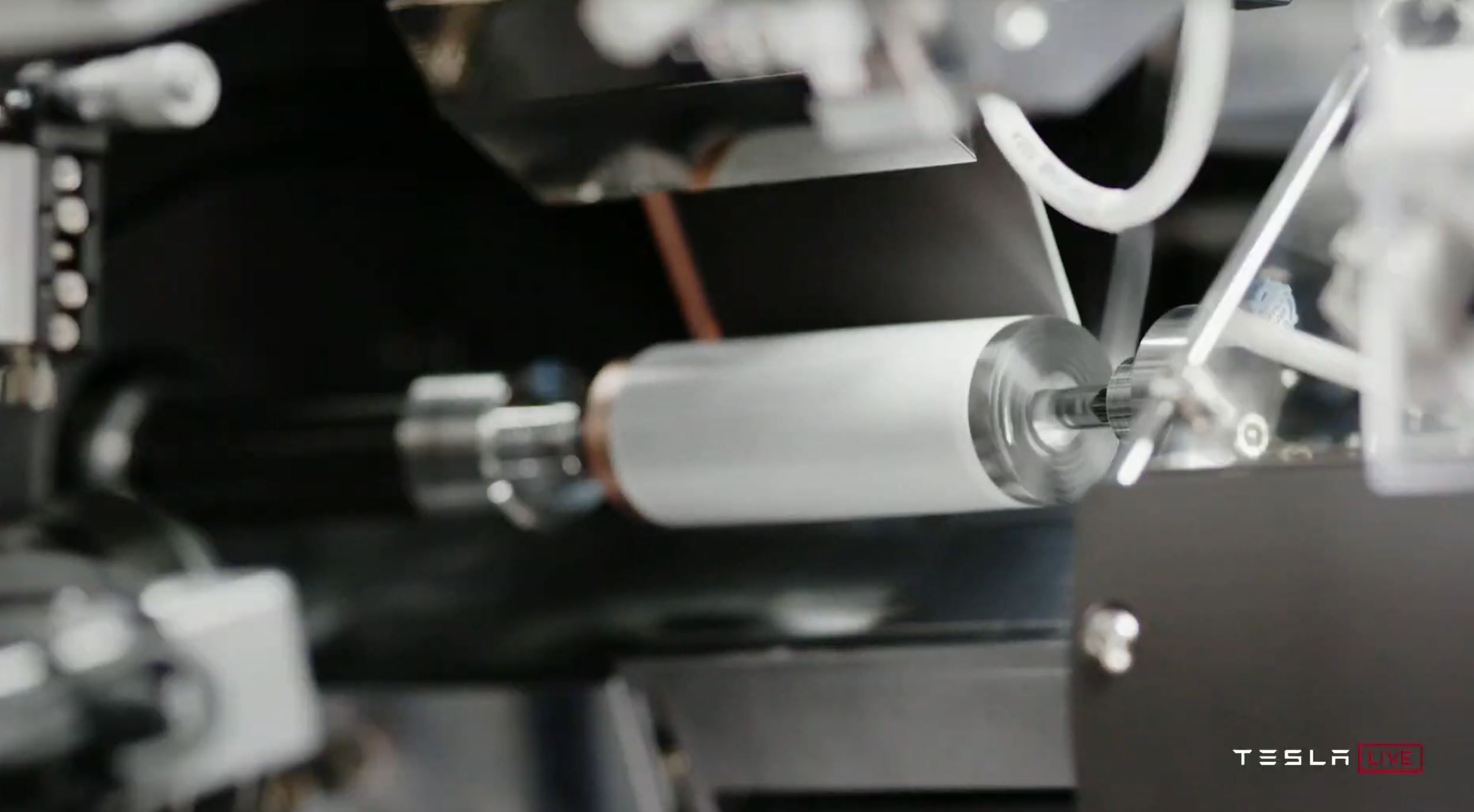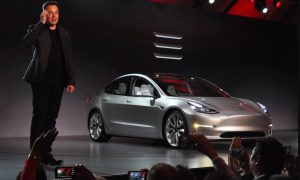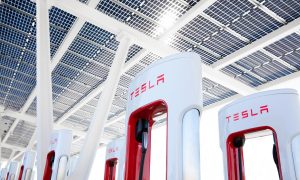Tesla has updated the Giga Berlin application it submitted to the Brandenburg State Environment Agency. According to the revised application, Tesla Giga Berlin’s water consumption will be far less than anticipated.
According to Tagesspiegel, Tesla’s revised application notes that Giga Berlin’s maximum annual water consumption is estimated to be 1.423 million cubic meters for both Model Y production and its battery cell factory. Previously, it was estimated that Tesla would need 1.423 million cubic meters for Model Y assembly alone.
Tesla’s “big battery factory” in Brandenburg will not be making regular cells. Gigafactory Berlin will be producing Tesla’s long-awaited 4680 cells, which will be made using a dry-electrode coating process.
Last month, Elon Musk announced that Giga Texas would produce and deliver Model Y vehicles equipped with Tesla’s 4680 cells. Giga Berlin will likely follow in Giga Texas’ footsteps in the future by launching vehicles equipped with Tesla’s next-generation batteries.
Tesla initially planned to start Model Y production in Giga Berlin by July 2021. Brandenburg’s Economic Minister, Jörg Steinbach, told Teslarati that Giga Berlin production could start a little later, either in late Summer or early Autumn. The State Environment Agency still has to approve Tesla’s entire application for Model Y production to begin at Gigafactory Berlin.
Based on local reports, Giga Berlin construction seems to be complete. Tesla still needs a final approval for the facility to start mass producing the made-in-Germany Model Y, which may come soon as Steinbach predicted. Tesla has already started accepting graffiti art submissions, hinting that it is just putting the finishing touches on Giga Berlin’s Phase 1 building.
The Teslarati team would appreciate hearing from you. If you have any tips, email us at tips@teslarati.com or reach out to me at maria@teslarati.com.











